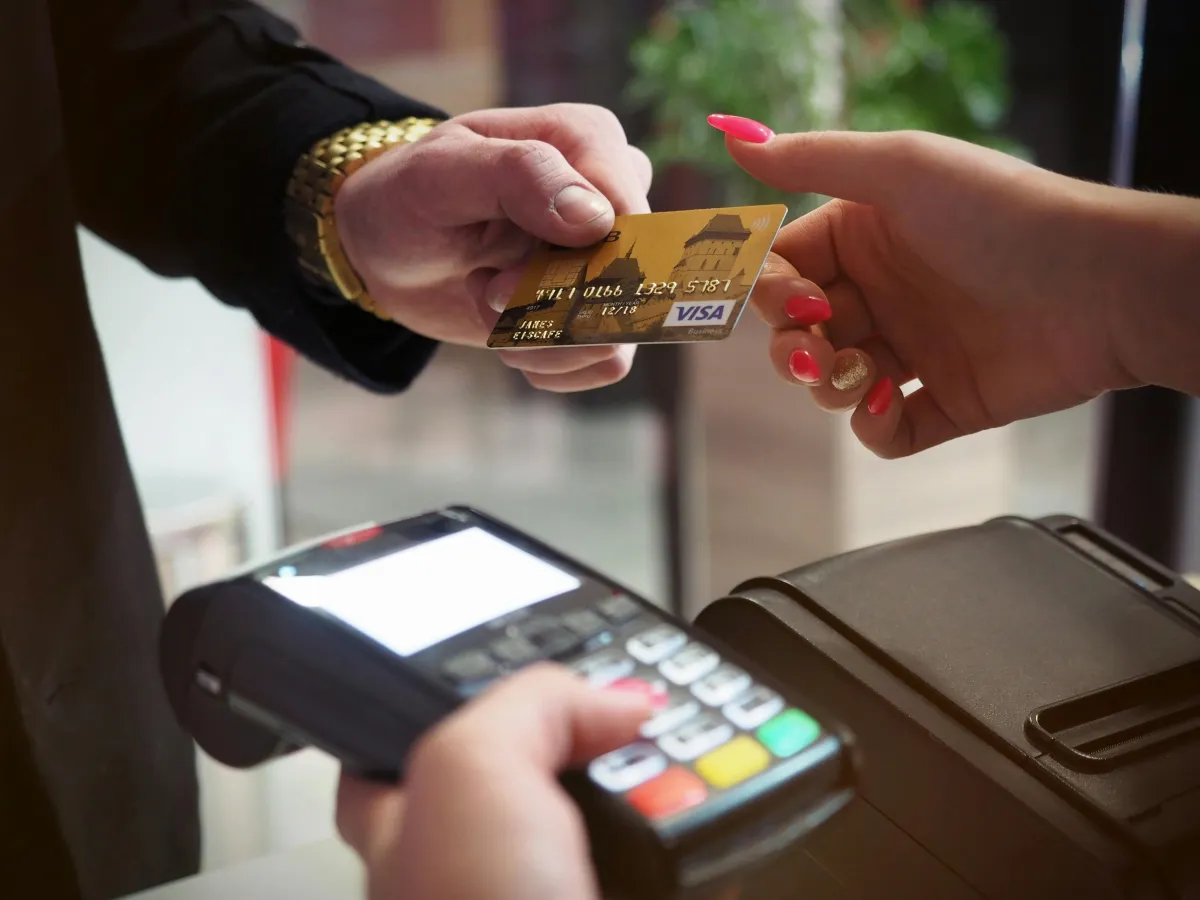
How to Use Credit Cards Wisely to Rebuild Your Credit
Let’s be real — credit cards often get a bad rap. Some people even consider them evil, especially after racking up large balances and paying outrageous interest. But truthfully, it's not the card — it's how it's used.
For the most part, it’s the irresponsible use of credit cards that leads to financial trouble.
Using a credit card responsibly requires discipline. And if that’s something you know you’re still working on, it may be better to stick to using a debit card for now.
Before we dive into the smart ways to use credit cards to rebuild your credit, let’s take a step back and cover the basics.
How Do Credit Cards Work?
A credit card allows you to borrow money from a financial institution up to a certain limit to pay for goods or services. If you don’t pay off the balance in full each month, you’ll be charged interest — sometimes at pretty high rates.
That’s why they can either be helpful or harmful depending on how you manage them.
Benefits of Using Credit Cards Responsibly
Build credit history — Showing you can borrow and repay builds trust with lenders.
Earn rewards — Many cards offer cashback, points, or travel perks.
Emergency backup — If used carefully, a card can help during unexpected expenses.
Purchase protection — Many cards offer fraud protection and dispute resolution.
How to Use Credit Cards Wisely to Rebuild Your Credit
Now that you understand the “why,” here are the practical “how-to” steps to make credit cards work for you — not against you:
1. Always Make On-Time Payments
Payment history is the #1 factor in your credit score. Set up auto-pay or reminders so you never miss a due date. Even one late payment can do some real damage to your score.
2. Keep Your Balances Low
Try to use less than 30% of your available credit — ideally, under 10%. This is known as your credit utilization ratio, and keeping it low shows lenders you manage credit well.
3. Keep Old Accounts Open
Even if you don’t use them much, don’t close your oldest credit cards. They contribute to the average age of your credit history, which positively impacts your score. To avoid closure due to inactivity, put a small recurring bill on it (like your monthly Spotify subscription).
4. Don’t Have an Abundance of Credit Cards
Using credit cards wisely also means not having too many of them.
More cards = more temptation for impulse shopping
Opening several accounts in a short time can lower your score
You’ll thank yourself when you don’t have a dozen cards to cancel in case of a lost wallet
And yes, you might end up asking: “Can I pay a credit card with another credit card?” (spoiler: not a good habit)
Stick to a few solid cards you manage well. Focus on quality over quantity when building your credit profile.
Bonus Tip: Ask for a Credit Limit Increase
If your credit is in good standing and you’ve been making on-time payments, ask for a limit increase. This improves your credit utilization without having to open a new card — just make sure you don’t use the extra limit as an excuse to spend more.
Final Thoughts
Credit cards can either be a weapon or a tool — the difference is how you use them. With discipline, strategy, and consistency, you can absolutely use credit cards to rebuild your credit and unlock better financial opportunities.
If you're looking to improve your credit and gain access to better credit card option, dowload our Free Credit Boosting Guide today. It's packed with tips and strategies to help you build a strong credit profile and make the most of your financial opportunities. Start boosting your credit now and take control of your financial future!
